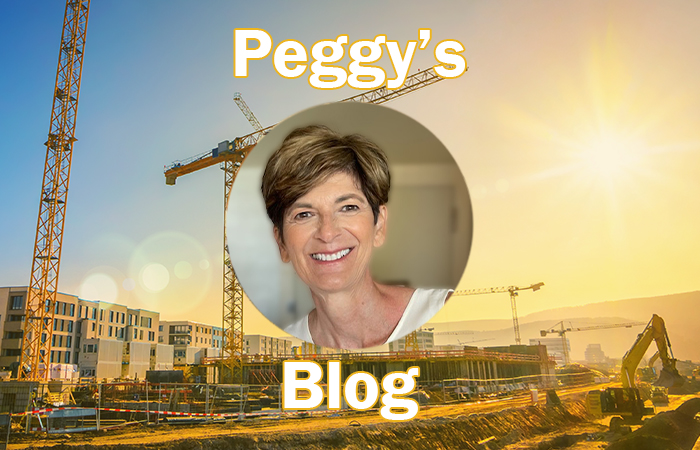In the past year, there has been a lot of discussion about the benefits ChatGPT offers many consumers. But now the question remains is it a good option for businesses? Now OpenAI has introduced ChatGPT Enterprise. Let’s unpack the details of the announcement and how it might impact the construction enterprise in general.
ChatGPT is a term that is used widely these days, but to sum it up a bit more briefly it is an AI (artificial intelligence) model trained by OpenAI, which is a startup funded by Microsoft. OpenAI says it can “generate, edit, and iterate with users on creative and technical writing tasks, such as composing songs, writing screenplays, or learning a user’s writing style.”
When it first launched last November, it took just five days for ChatGPT to reach a million users—and generative AI’s market value in general is expected to jump from $11.3 billion in 2023 to a whopping $51.8 billion by 2028. This isn’t just a fun consumer tool to try out on the weekends either.
Since ChatGPT’s launch, OpenAI has seen teams adopt it in more than 80% of Fortune 500 companies for different functions like crafting clearer communications, accelerating coding tasks, exploring answers to complex business questions, assisting with creative work, and more.
Perhaps one of the biggest hurdles many have discussed centers around privacy and security. The newest iteration of ChatGPT has a bigger focus on businesses use cases, as it makes security and privacy a big priority.
OpenAI says ChatGPT Enterprise offers enterprise-grade security and privacy. ChatGPT Enterprise is also SOC 2 compliant, and all conversations are encrypted in transit and at rest. The company also assures users that customer prompts and company data are not used for training OpenAI models.
Looking beyond security and privacy, ChatGPT Enterprise also performs two times faster and allows users to process four times longer inputs or files, with unlimited higher-speed GPT-4 access, longer context windows for processing longer inputs, advanced data analysis capabilities, customization options, and much more. The product also has new shared chat templates to collaborate and build common workflows.
The question remains: Will this technology provide value to the construction industry? In a word, yes. For many of you working in the construction industry, you may already be adopting ChatGPT and you may not even know it.
Some tech companies are already launching the new feature within their systems. One example is Togal.AI, which uses deep machine learning to analyze construction drawings and provide quantity reports. This will enable an estimator to compare drawing sets and quantify changes made. This, of course, is simply one example.
Generative AI can be used to speed up business processes, heighten safety, automated mundane tasks, and improve efficiency, just to name a few. The bottomline is decisions and data can be made very quickly. For construction, just think about the opportunities this presents with predictive maintenance, equipment monitoring, data analysis, and visualization, and more. To be honest, we will soon reach a point where artificial intelligence is no longer optional.
Still, companies need to proceed with caution into the next era of work. Companies using AI need to be proactive and prepared. As with any technology implementation, businesses need to create policies and guidelines for employees. They need to provide training on how to identify inaccuracies or bias in the system (because let’s be honest this does exist).
As we continue to align the human-side of the equation with the process and the technology, we will continue to make greater advances in digital transformation and innovation. Let’s go into this with our eyes open. Let’s set good objectives and metrics for the use of the technology and choose systems that meet our business needs. And let’s not forget to train our employees on how, when, where, and why to use the technology. The future is now, but we must proceed with the intelligence.
Want to tweet about this article? Use hashtags #construction #IoT #sustainability #AI #5G #cloud #edge #futureofwork #infrastructure #ChatGPT


